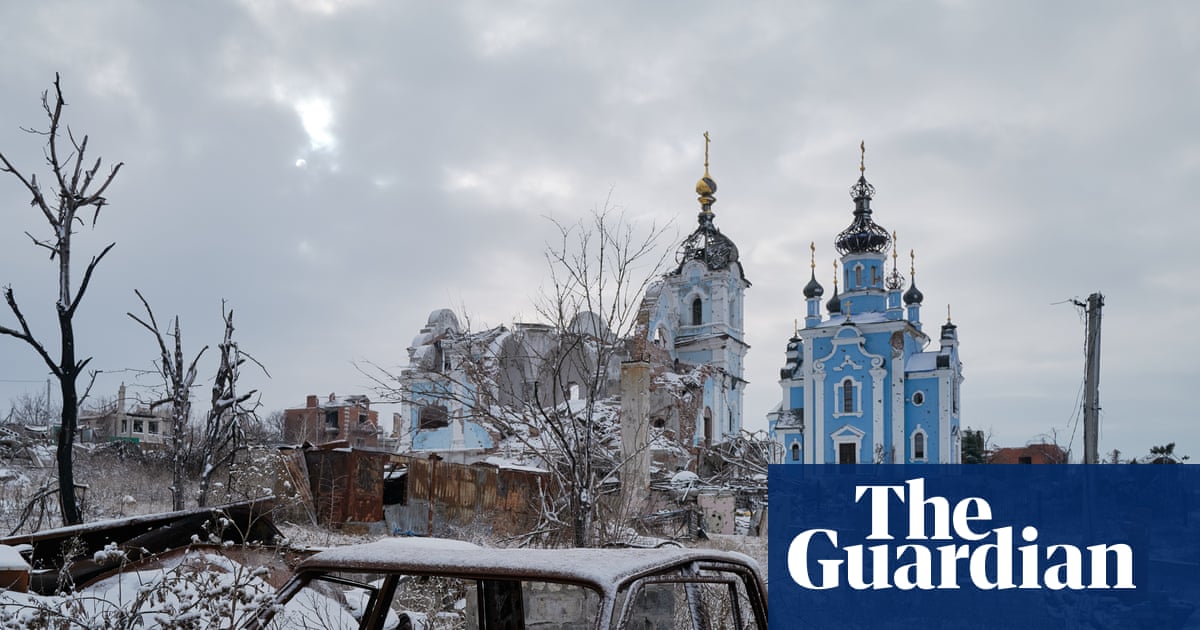
The Significance of Donbas in the Ukraine-Russia Conflict
The Donbas region has become the epicenter of the ongoing tensions between Ukraine and Russia. This industrial heartland, rich in coal and steel production, holds not only economic significance but also political and historical weight in the current conflict. Russian President Vladimir Putin has made the region a primary focus, demanding full control over Donetsk and Luhansk as central conditions for peace discussions. Meanwhile, Ukrainian leadership under President Volodymyr Zelenskyy remains steadfast in refusing to cede any of its territory, making the issue a defining fault line in the war.
What Makes Donbas So Crucial?
Donbas, short for Donets Basin, is a region in eastern Ukraine with deep ties to Russian culture and history. Its heavy industrial output grew during the Soviet era, establishing the area as a powerhouse in coal mining and steel manufacturing. Additionally, the region has been a politically contested space, often leaning toward pro-Russian sentiments. Political figures such as Viktor Yanukovych, a Kremlin-backed former Ukrainian president, have held strong connections to this area.
The region’s significance escalated in 2014, following Yanukovych’s removal from power. With Moscow’s backing, separatist groups in Donbas established the self-declared “people’s republics” of Donetsk and Luhansk. This sparked a prolonged conflict, which Putin later used as a pretext for the full-scale invasion of Ukraine in 2022. Today, Russia occupies most of the region, controlling approximately 88% of Donbas territory, but Ukraine continues to hold key fortified cities like Sloviansk and Kramatorsk.
Why Ukraine Refuses to Surrender Donbas
President Zelenskyy and the Ukrainian government remain adamant about protecting all internationally recognized Ukrainian territories, including Donbas. For Kyiv, conceding this region would not only signify a loss of its sovereignty but also open the door for further Russian advances. Polls indicate that around 75% of Ukrainians oppose giving up land, showing strong public support for maintaining control over the contested area.
Moreover, Donbas holds symbolic value as a testament to Ukraine’s resistance, with tens of thousands of lives already sacrificed in defense of these territories. The 2019 elections demonstrated growing resentment toward Russia’s interference in the region, with Zelenskyy securing strong voter support across Ukraine, including in parts of Donbas under Ukrainian control.
Russia’s Perspective: Donbas as a Key Objective
For Putin, securing Donbas aligns with his broader goal of expanding Russian influence and creating “buffer zones” along Ukraine’s borders. Russian media consistently uses narratives of “genocide” against Russian-speaking residents of Donbas to justify military aggression, although such claims remain unfounded. Despite initial skepticism among Russians regarding the annexation of Donetsk and Luhansk, public opinion has shifted since the invasion began. Many Russians now support the Kremlin’s narrative of “protecting” the region.
Further complicating matters, Putin has suggested freezing military advancements in exchange for full control of Donbas. However, analysts caution that such a move could merely serve as a staging ground for future incursions deeper into Ukraine.
What Lies Ahead for Donbas?
The future of Donbas remains uncertain as military analysts predict the conflict may devolve into a prolonged war of attrition. Ukraine’s fortified cities and the resilience shown by its population ensure that any progress in the region will be hard-fought. Meanwhile, Russia faces mounting economic and military challenges, raising doubts about its ability to maintain or expand control over the region.
As the international community keeps a close watch, Donbas has become a stark symbol of resistance and the broader struggle for sovereignty in the face of aggression.
Recommended Product: Explore Ukraine’s History Through Literature
To gain a deeper understanding of the cultural and historical significance of Ukraine, consider exploring books like “The Gates of Europe” by Serhii Plokhy. This insightful read offers a comprehensive history of Ukraine and its critical role in European geopolitics.



